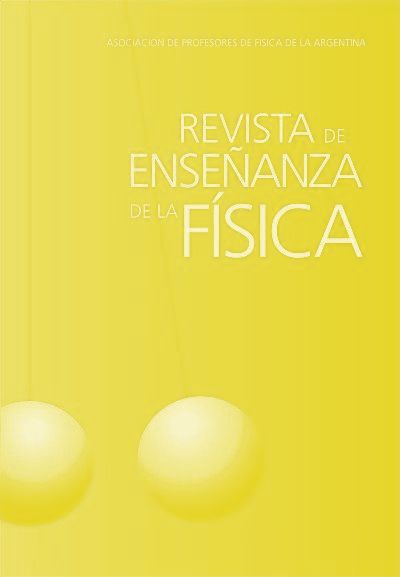Responses pattern to conceptual questions on Newtonian Mechanics: implications for learning
Keywords:
Coherence; Knowledge in pieces; Initial private knowledgeAbstract
The responses pattern to the Force Concept Inventory (FCI) is a key discriminator in the debate between coherence and pieces in the private initial knowledge of a subject: the different hypotheses about the structure of such knowledge lead to verifiable predictions. Previous works have made descriptive studies of those patterns, while another, spotting the occurrence of very short term processes that determine responses, have made use of statistical inference. In order to make a meaningful comparison between those works, we have used the same statistical inference tests in the item analysis of the FCI: for each “misconception” from the taxonomy used in the design of the FCI, contingency tables were done for each couple of items showing options com-patible with it, and Fisher test was performed on each (143 for "misconceptions" and 161 for Newtonian dimensions). It was observed that for the vast majority of pairs the hypothesis of independence could not be rejected, so "misconceptions" are a very weak organizer, unlike the unconscious reflex decisions above mentioned. Some possible consequences of this perspective for teaching are briefly considered.
Downloads
Published
Issue
Section
License

This work is licensed under a Creative Commons Attribution-NonCommercial-NoDerivatives 4.0 International License.
Aquellos autores/as que tengan publicaciones con esta revista, aceptan los términos siguientes:Los autores/as conservarán sus derechos de copiar y redistribuir el material, bajo los términos estipulados en la Licencia de reconocimiento, no comercial, sin obras derivadas de Creative Commons que permite a terceros compartir la obra bajo las siguientes condiciones:
- Reconocimiento — Debe reconocer adecuadamente la autoría, proporcionar un enlace a la licencia e indicar si se han realizado cambios. Puede hacerlo de cualquier manera razonable, pero no de una manera que sugiera que tiene el apoyo del licenciador o lo recibe por el uso que hace.
- NoComercial — No puede utilizar el material para una finalidad comercial.
- SinObraDerivada — Si remezcla, transforma o crea a partir del material, no puede difundir el material modificado.
- Los autores/as podrán adoptar otros acuerdos de licencia no exclusiva de distribución de la versión de la obra publicada (p. ej.: depositarla en un archivo telemático institucional o publicarla en un volumen monográfico) siempre que se indique la publicación inicial en esta revista.
- Se permite y recomienda a los autores/as difundir su obra a través de Internet (p. ej.: en archivos telemáticos institucionales o en su página web) antes y durante el proceso de envío, lo cual puede producir intercambios interesantes y aumentar las citas de la obra publicada. (Véase El efecto del acceso abierto).










